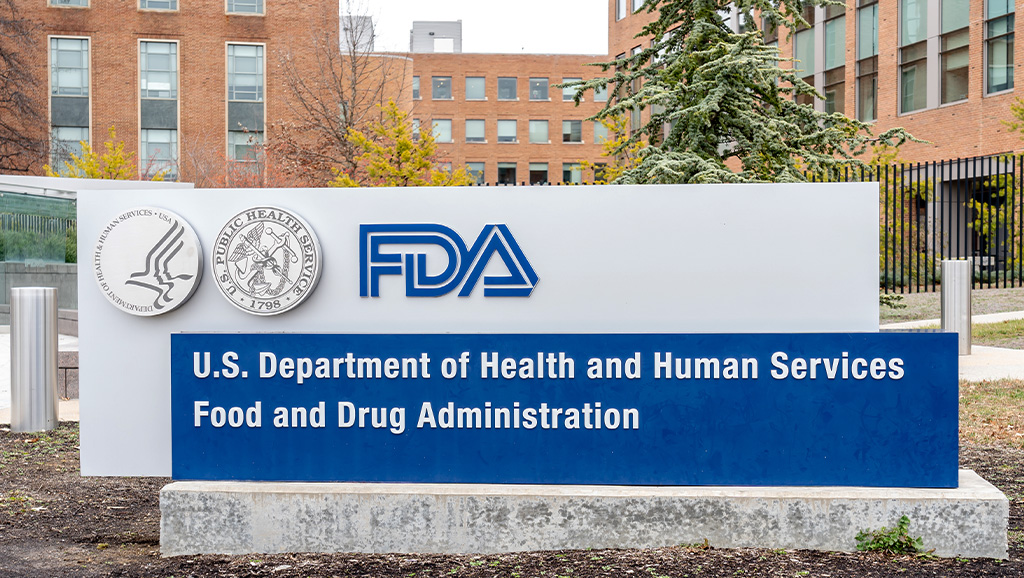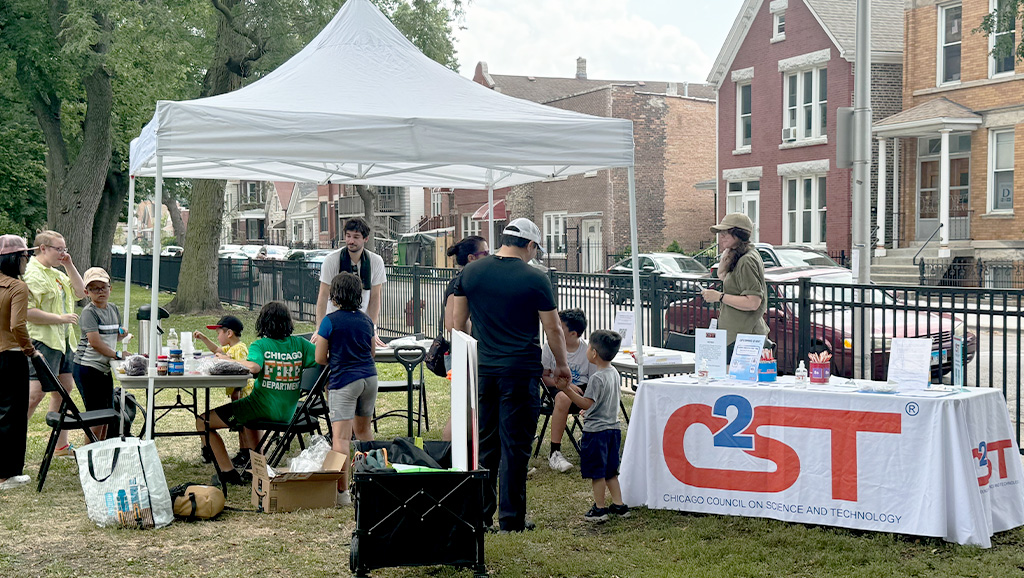News & Insights
New Partnership to Include Patients and Families in Regulatory Process

When it comes to developing neural devices to treat brain-based diseases, the FDA is responsible for assuring the safety, efficacy, and security of those devices. For some time, a frequent concern voiced by brain-based disease advocates and their communities has been about feeling unheard by the Food and Drug Administration (FDA) throughout its regulatory processes. But that hasn’t been for lack of desire—the FDA has been eager to engage with patient communities, to ensure their needs and priorities are driving the development of new treatments.
The vision for TAP (Total Product Life Cycle Advisory Program) is to help spur more rapid developments and widespread patient access to safe, effective, high-quality medical devices of public health importance.
The problem is that when it comes to the brain health communities that stand to benefit from these new devices, relationships between patient groups, industry, and government can take time to build, and it’s impossible for FDA officials to have direct relationships with all the patient community partners whose input is needed.
That’s where the American Brain Coalition (ABC) comes in. In a collaboration between ABC and the FDA, funded by the Dana Foundation, the goal is to test a new, multidirectional engagement model that embeds patient and family perspectives into regulatory processes and decision-making (i.e., in new therapies), via the TAP program.
As an umbrella advocacy organization with diverse membership including organizations involved with brain research, patient advocacy, and the neurological, psychological, and psychiatric professions (a.k.a., “the brain health community”), ABC is the ideal partner for the FDA to identify and connect with communities of people who will be impacted by neural device development. Once the connections are made, ABC engagement between the relevant brain health community members and other key groups such as neural device manufacturers and regulators within the FDA TAP Pilot. Serving as a liaison and convenor, ABC’s goal is to ensure that a more meaningful range of parties, particularly the lived experiences of patients and their families, are included in the neural device development process between companies and the FDA.
Importantly, community engagement with device manufacturers is anticipated to occur early in the device development process, when manufacturers are seeking meaningful patient input before initiating a pivotal study.
Part of ABC’s role will be to help the FDA and prepare for interactions with one another. This will include a series of webinars to help orient the brain health community to the regulatory process and the advocacy environment for patients and families. For example, on Thursday, March 21, at 1pm EST, ABC will be hosting a webinar entitled “Bringing Neuromodulation to the Advocacy Table.” This educational webinar will highlight community engagement efforts by the FDA and introduce the brain health community to the ABC-FDA TAP partnership.
Early feedback on the project from ABC’s membership has been positive, expressing that “the FDA is starting to really listen to us.” At the Dana Foundation, we couldn’t be more pleased to hear this. Improving the quality of relationships between communities of people—including patient groups, technology developers, researchers, clinicians, regulators, and more—is a major goal of the Dana Frontiers program. In this case, cultivating trust and meaningful interactions among brain health community members, the FDA, and neural device manufacturers within the FDA-TAP serves a vital purpose in ensuring that breakthrough neural devices developed in the US reflect the perspectives and needs of the ones they are intended to benefit—the patients and their families.



